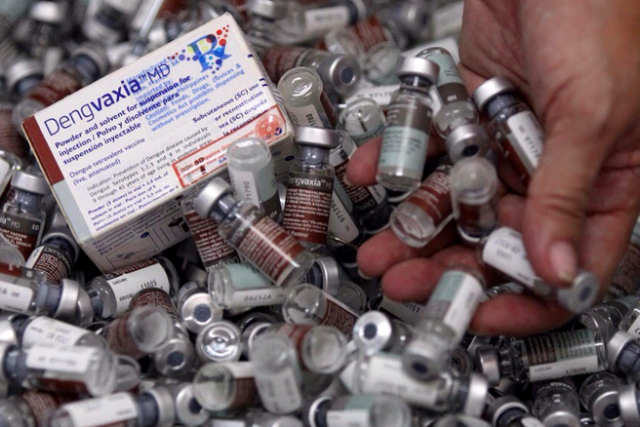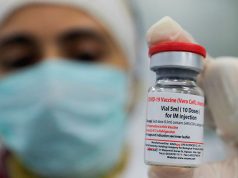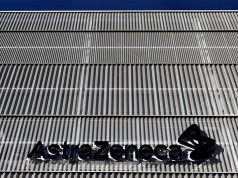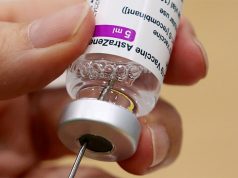Some Filipinos recalled the Dengvaxia issue after a survey showed that nearly half of Filipinos opt to skip COVID-19 vaccination despite the threats of the coronavirus.
Only 32% of the 2,400 respondents of a nationwide survey of Pulse Asia released on January 7 are willing to be vaccinated should a COVID-19 jab be made available in the country.
Some 47% of the respondents rejected the idea of being inoculated if vaccine is already available. Only 21% of them were undecided.
READ: Less than a third of Filipinos open to COVID-19 jabs – survey
Around 84% of the respondents said they don’t want to be vaccinated because they are “not sure of its (COVID-19 vaccine’s) safety.”
This opinion was popular in the National Capital Region with 89% citing the similar reason, followed by 88% in Visayas, 84% for the rest of Luzon and 79% respondents from Mindanao citing the same safety concern.
Most of the respondents or 95% of them were aware that vaccines are currently being developed and only 5% were unaware.
Ninety-four percent of them were also still worried that they or any member of their household will contract the deadly pathogen.
Of these, 74% were very much worried and 20% were somewhat worried.
Pulse Asia conducted this nationwide poll between November 23 and December 2 using face-to-face interviews among 2,400 representative adults 18 years old and above.
Vaccine trust issues
Following reports of the poll, some Filipinos perceived that the public’s lack of trust to the national government’s handling of vaccination as a public policy.
“Are we even surprised? Although we need 80% at least to be inoculated for a vaccine to actually work. It’s not surprising we won’t achieve it, why? We do not trust this system, until today, there’s no clear plan at all – well kelan pa ba tayo nagkaplano?” the user wrote.
Some blamed Public Attorney’s Office chief Persida Acosta, the face of those allegedly affected by the controversial anti-dengue vaccine, for allegedly sparking vaccine scare.
A report from Philstar.com said that PAO’s forensics team—led by Erwin Erfe—performed its own autopsies on vaccinated children and concluded that Dengvaxia is directly linked to the deaths of at least 105 individuals despite no solid evidence.
“Thank you, Persida & trapo & propagandist enablers for demonizing Dengvaxia!,” a Twitter user said.
“Political games have real life consequences. Persida Acosta was willing to damage an entire generation of people and beyond against vaccines just for a tiny political game, one that didn’t even matter. The Philippines is now a legitimate anti-vaccine country because of them,” another Filipino said.
Some parents who claimed to be a victim of Dengvaxia, said they are still traumatized by its effect.
“My kid is a victim of dengvaxia, so you cannot blame me if I’m afraid of newly invented vaccine,” a Twitter user claimed.
Vaccination rate
Prior to the pandemic, local health authorities already had difficulties in conducting free vaccination to supposedly prevent diseases such as flu, measles and dengue among children, particularly in poor, urban and rural areas.
The country’s low vaccination rate was largely blamed to the dengue immunization program in 2017 that was allegedly linked to deaths of children, which eventually caused fear among parents.
In line with the COVID-19 vaccine, the government is currently negotiating with seven vaccine manufacturers to purchase at least 148 million shots to inoculate two-thirds of the entire population this 2021.
However, of these, presidential spokesperson Harry Roque earlier announced that the government is eager to secure up to 25 million doses of Sinovac vaccine from China despite the low efficacy rate compared to the vaccine from Pfizer-BioNTech.
READ: Leachon is opposing gov’t prioritization of Sinovac COVID-19 vaccine
Data from lawmakers also showed that Sinovac has the highest projected price per two doses, that is, P3,629.50.









